Information democracy
Filter resources
-

Terrorist Content Online: Is this the end?
On 10 December, the European Parliament and the German Presidency acting on behalf of the Council reached a provisional agreement on the Regulation addressing the dissemination of terrorist content online.
Read more
-

EDRi-gram, 9 December 2020
In this final 2020 edition of the EDRi-gram, our wish is to start 2021 with more energy, momentum and resources to protect our rights and freedoms online. Would you consider donating to help make that happen?
Read more
-

Looking back at digital rights in the era of a surveillance pandemic
2020 started as a year to build momentum to tackle various digital rights issues, including mass surveillance and freedom of expression online. Needless to say, the global pandemic disrupted not only these efforts but also our health, personal relations, basic survival needs and ways to organise around human rights. After 9 months of living and working in a pandemic, we look back at what we achieved and the ways forward from here.
Read more
-
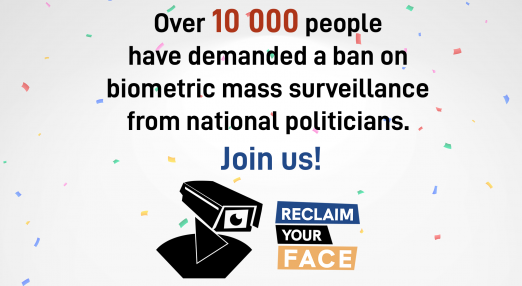
EDRi-gram, 25 November 2020
On 12 November 2020, 12 organisations from across the EDRi network launched the first ever pan-European civil society movement against biometric mass surveillance: Reclaim Your Face. Over 10 000 people signed the petition so far. Join us!
Read more
-

Walking from Luxembourg to Brussels in two hours
A public hearing before the European Court of Justice (ECJ) last Tuesday, November 10, dealt with the compatibility of Article 17, more precisely the provisions of Article 17 that require platforms to block copyright infringements, with the Charter of Fundamental Rights.
Read more
-
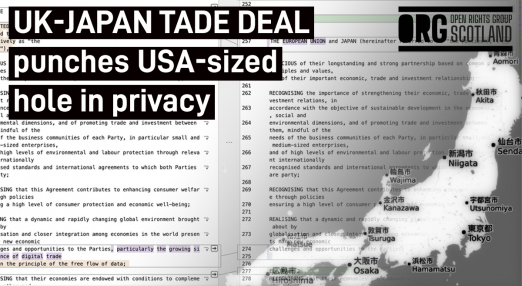
Japan Trade Deal punches USA-sized hole in privacy
EDRi member Open Rights Group discusses the challenges that the new UK-Japan trade agreement poses to data protection rights in the UK.
Read more
-
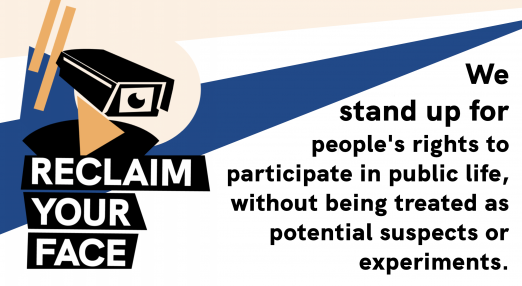
EDRi-gram, 12 November 2020
We have watched as governments have abused their power to put limits on people’s freedoms, and as companies have exploited the situation to gather ever more biometric data about us. The Reclaim Your Face coalition has risen up against the widespread abuse of our biometric data before and during the pandemic.
Read more
-

EDRi-gram, 28 October 2020
Data brokers are key actors in the hidden data ecosystem. The data they collect and later sell can be used for a range of different purposes, from commercial advertising to political campaigning, and in some worrying instances, law enforcement.
Read more
-

How the Parliament stakes out its DSA position
With three European Parliament positions on the Digital Services Act coming up, what will it mean for people's rights in the digital world?
Read more
-
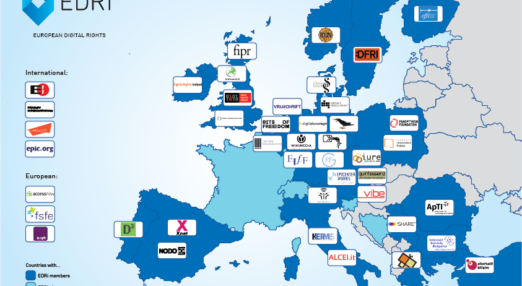
Member in the Spotlight series
“EDRi Member in the Spotlight” is a series in which our members introduce themselves and their work in an in-depth interview format.
Read more
-
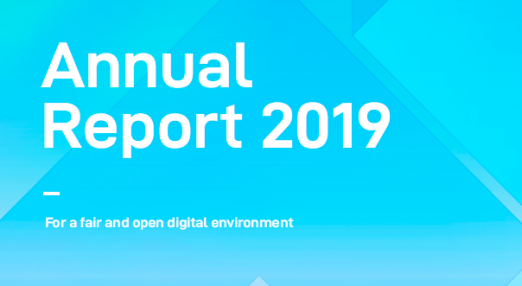
Launch of EDRi Annual Report 2019
2019 has also been a pivotal year, with more attempts to rein in the power of dominant internet platforms. EDRi's members Europe-wide have continued highlighting the privacy-invasive surveillance-based business models of the digital platforms dominating the online market, and the significant consequences this may have for civil rights and control of society.
Read more
-
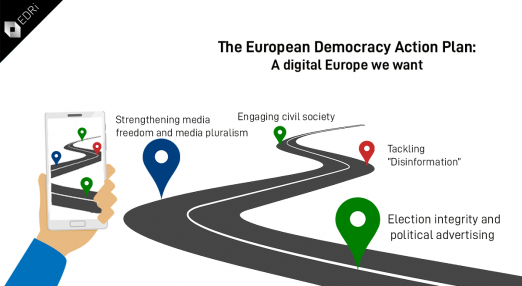
Towards a digital Europe we want: the European Democracy Action Plan
On 14 September, EDRi submitted its response to the European Democracy Action Plan (EDAP) consultation. The EDAP, echoing the existing EU Action Plan on Human Rights and Democracy, focuses on preserving European democracies. The EDAP intends to address numerous challenges such as shrinking civic space, electoral interference, disinformation and the difficulties faced by journalists.
Read more
